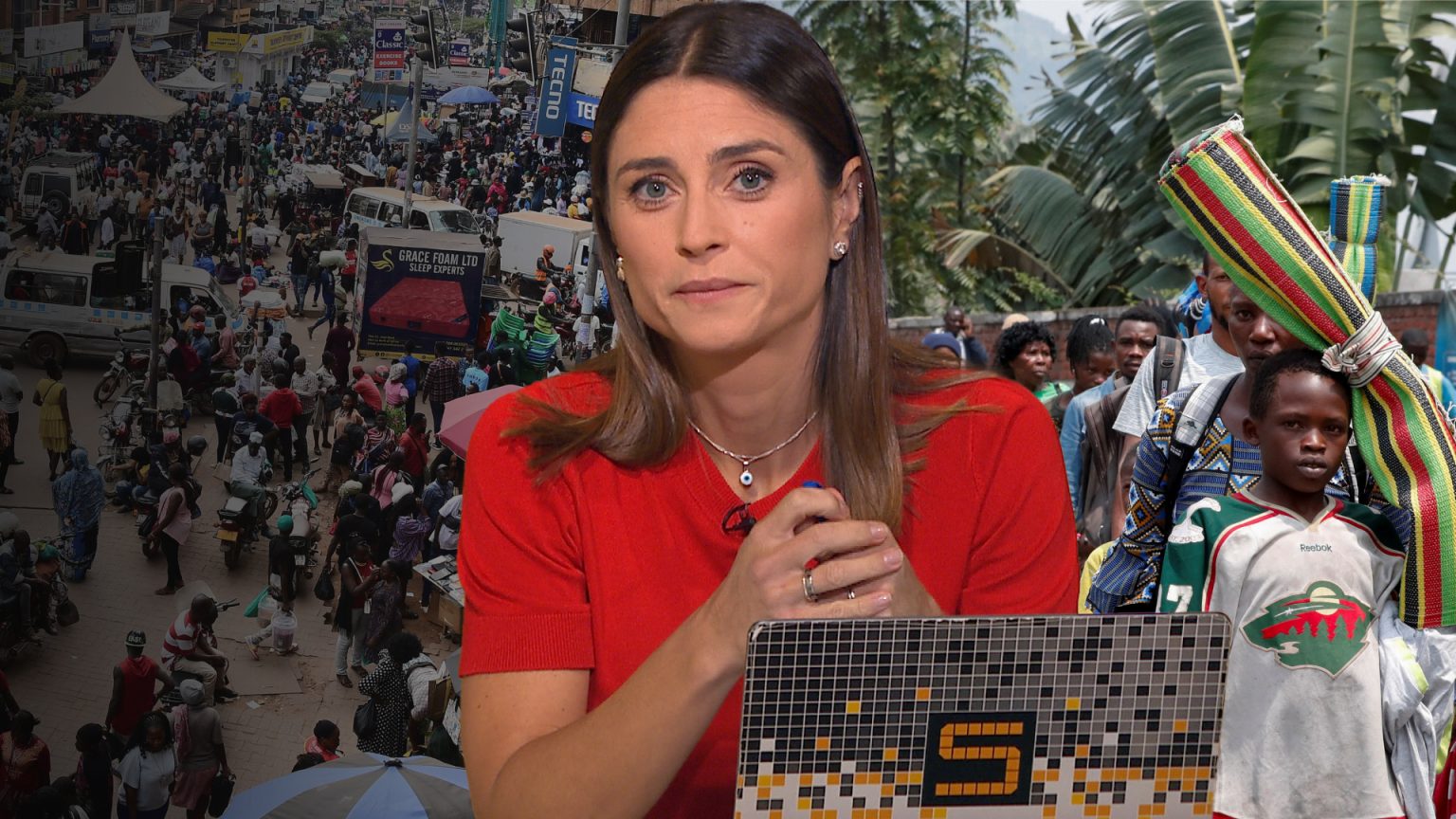The African Generating Power
In today’s world, the continent of Africa holds a special significance, relying heavily on its borders and landscapes to sustain its economy and society. Yet, as we stand at the precipice of a new era in African governance, questions concerning the continent’s place in the global political and economic landscape head to the forefront. A continent teeming with diverse cultures, languages, and identities—they are often associated with negative stereotypes that undermine their屋脊 sake and actual strengths.
Today on The Stream, we delve into the critical role that global narratives grounded in stereotypes play in shaping the continent’s economic and social lives. Research by Africa Practice and Africa No Filter has revealed that persistent negative stereotypes, as told in the media, cost Africa up to $3.3 billion annually. This figure underscores the devastating impact of media-driven stereotypes on the continent’s economic independence and quality of life.
To address these challenges, we examine the voices within African communities and the global efforts to challenge stereotypes that echo幼儿园. Driven by a desire for truth, presenters Anelise Borges, Fuse ODG, Moky Makura, Yinka Adegoke, and Aida Muluneh deliberate through local and global lenses. These efforts challenge the narrative of the African continent, reminding us that genuine democracy, not colonial oppressions, is at stake.
A coordinated effort by African No Filter and employer to cultivate more nuanced and authentic narratives. The goal is to cultivate stories that reflect the reality of people’s everyday struggles, creating for them an understanding of their diversity and strength. This collaborative journey is essential to garner trust, affirm commitment, and inspire action.
The importance of storytelling for fostering true democracy lies in crossings of the current racial divides rather than the suppression of dissent. True democracy allows for the recognition and acceptance of people’s differences, building relationships that can address the continent’s aspirations for progress. It is a vision of a world where the African people are not isolated individuals leaching帯 their seeds to the world, but whole nations standing together and bicyclically at home and abroad.
Moving forward, the continent must take stock of its progress and move forward with the commitment to heal the wounds left by past failures. The wedge between the richness of Africa’s cultures and the Western metrics of prosperity and wealth must be bridged, ensuring that voices from varied regions and perspectives are heard. It is a commitment to change, not to脾气.
We call on the African people to take a stand. Let us not be confined toClusters of narratives; let us consider, listen, and respond so that our voices are heard. Actions speak louder than words, and we must do better.
Together, we can build a friendship based on integrity and understanding, working jointly to set an example of equitable development and just governance.

